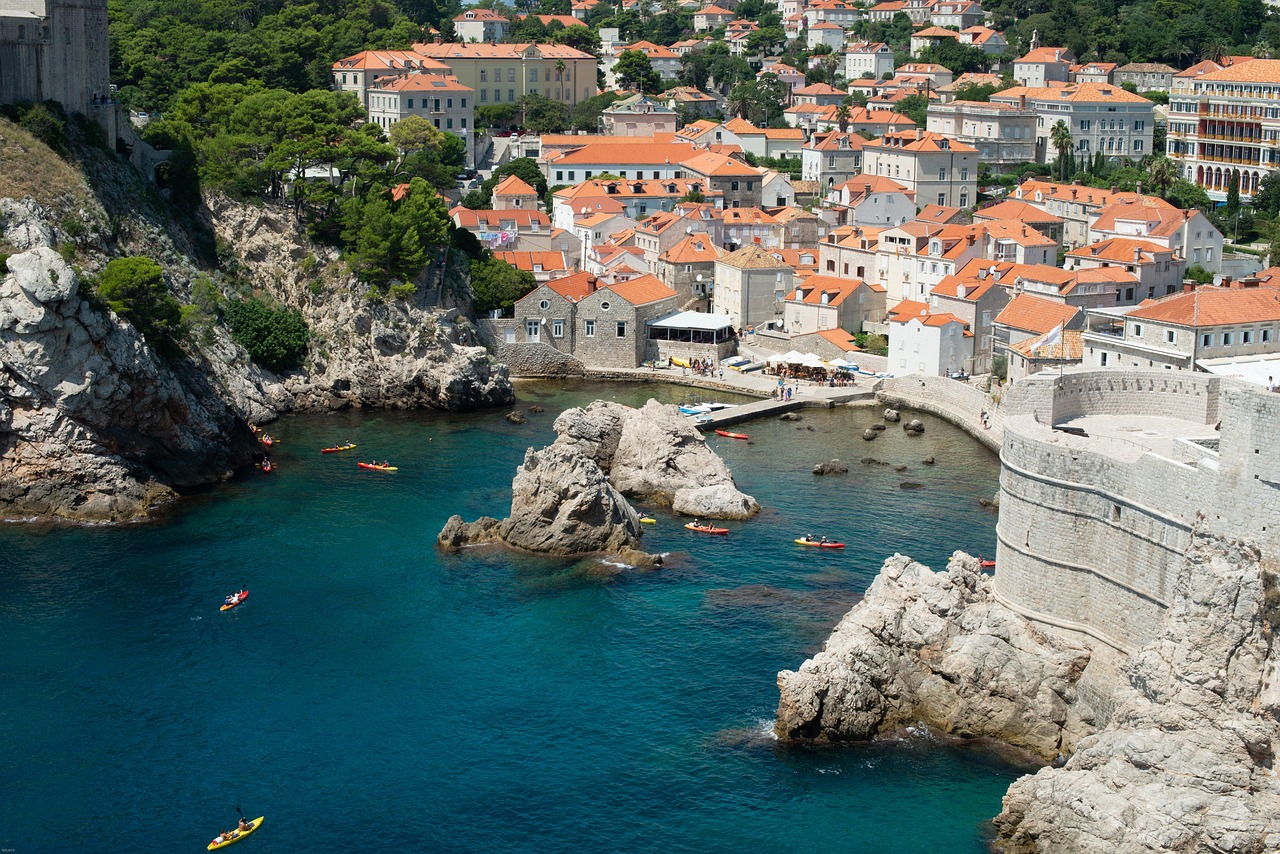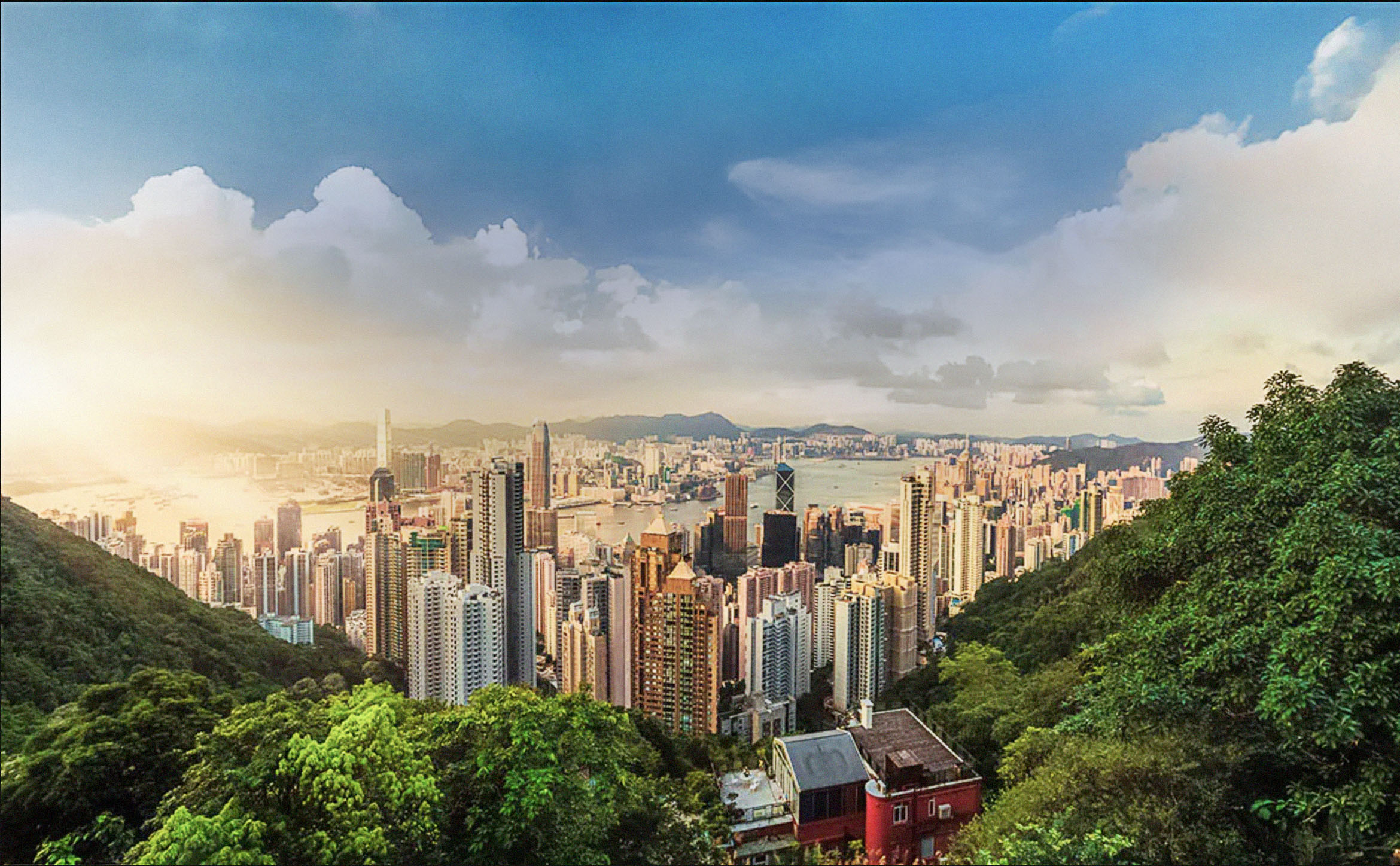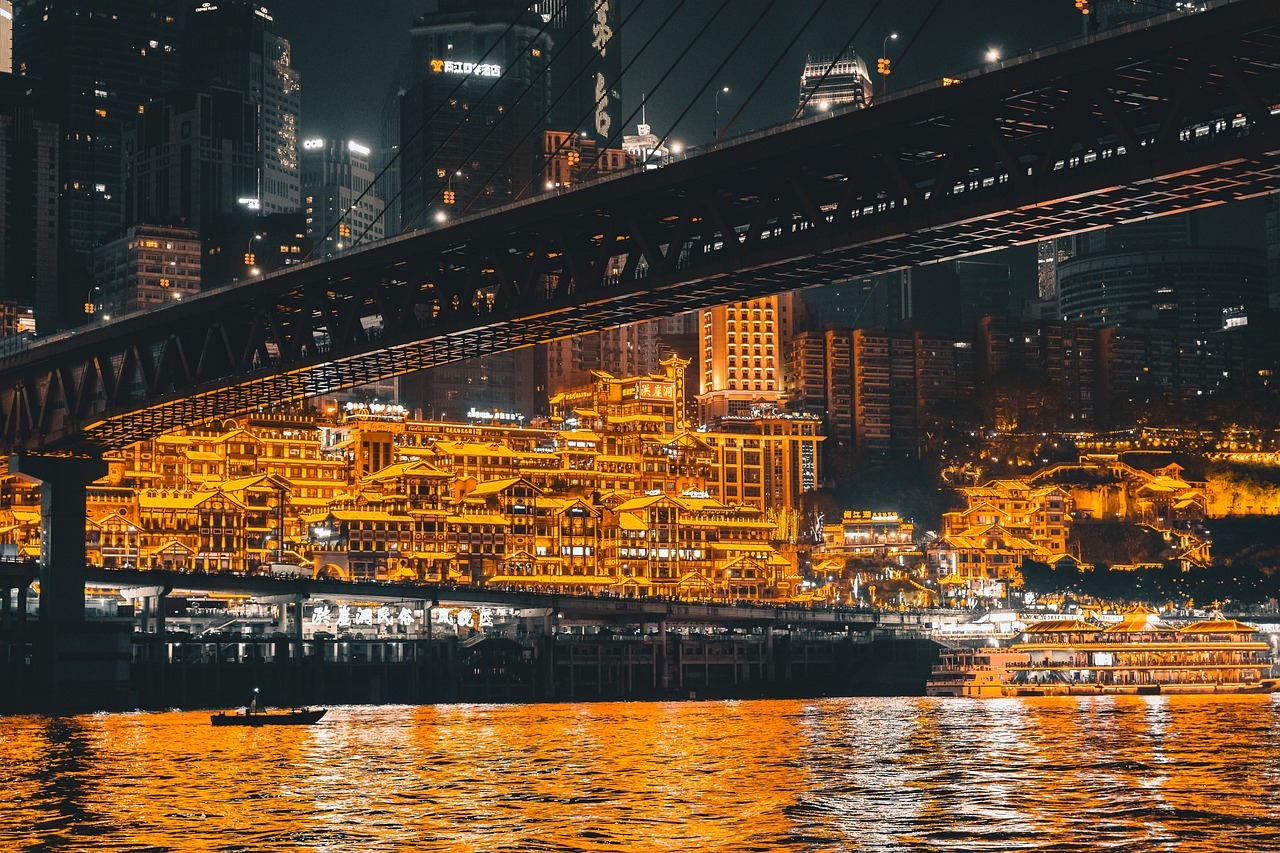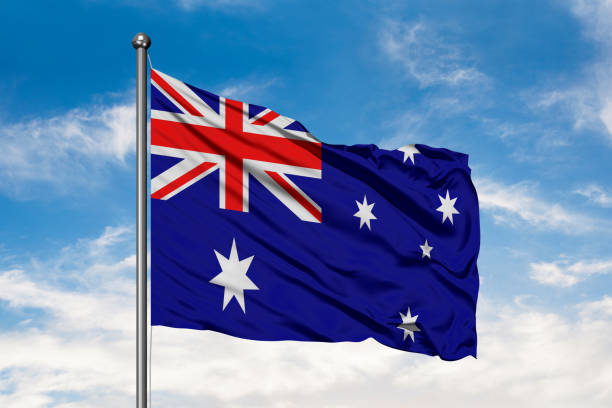LUXURY TRAVEL TRENDS FOR 2020

#1 Innovative Guest Experiences
No longer satisfied with cookie-cutter itineraries and typical tourist attractions, new-age luxury travellers seek to create positive memories through unique and individualised engagements.
At Fairmont Maldives Sirru Fen Fushi, guests can deep dive into the Indian Ocean for an inspiring introduction to marine life and discover phenomenal underwater art that helps rejuvenate the coral reefs. The Coralarium is the first and only coral regeneration project in the Maldives that comes in the form of an underwater art installation. Designed by renowned underwater sculptor and marine activist, Jason de Caires Taylor, this submerged museum acts as an artificial reef as the artworks are seeded with coral. This helps to attract fish and crustaceans, giving the resort’s guests close encounters with the marine species. A resident marine biologist is on hand to take guests on guided snorkelling tours day or night and to explore the marine environment on diving tours. The resort aims to educate guests on the delicate balance between man and nature and on the importance of caring for our oceans in order to protect the future existence of these beautiful atolls.

#2 Transformative Travel
Searching for immersive experiences that will transform more than just Instagram feeds, modern luxury travellers crave empowering moments and meaningful, lasting changes in their lives. Typically in the form of community work, yoga retreats and wellness getaways, transformative travel helps to bring out the best in everyone.
The luxurious Sofitel Inle Lake Myanmar has introduced a new holistic Wellness Programme, to help guests connect with the destination and themselves and to learn how to slow down in an increasingly busy world. It comprises an extensive list of therapies, nutrition, educational wellness programmes, fitness activities and coaching, traditional treatments, and a range of fully curated programmes for every wellness need. Each package is tailor-made to reboot and rejuvenate the body, mind and spirit. With a stunning UNESCO-listed biosphere as their serene backdrop, guests are given the opportunity to be transported to a state of complete physical, mental and social well-being while learning about Burmese traditions and treatments

#3 Sustainable Menus
The latest buzzwords on the menu, plant-based meat substitutes, are finding their way into many restaurants across Asia-Pacific. Going beyond reducing food waste and single-use plastics, the hotel industry is now looking to create sustainability from the very source. Livestock farming is known to have a vast environmental footprint. It contributes to land and water degradation, biodiversity loss, acid rain, coral reef degeneration and deforestation among many other negative impacts.
At Sofitel Singapore Sentosa Resort, Executive Chef Lorenz Hoja is working with Karana, a minimally processed meat alternative that uses organically sourced jackfruit, and positions itself strongly with regional cuisine with its’ pulled pork texture. Over the past few years, jackfruit has exploded onto the global food scene, emerging from relative obscurity to becoming an emerging plant-based staple that is here to stay.

Fairmont Singapore and Swissotel The Stamford launched the industry’s first aquaponics garden, that not only caters to a rising demand among guests for fresh quality produce, but will also help the properties curb their carbon footprint, given that 90% of food consumed in Singapore is imported. Nestled on the rooftop properties, the property’s 450m2 aquaponics farm can produce 1,200kg of vegetables and 350kg of fish every month.





























